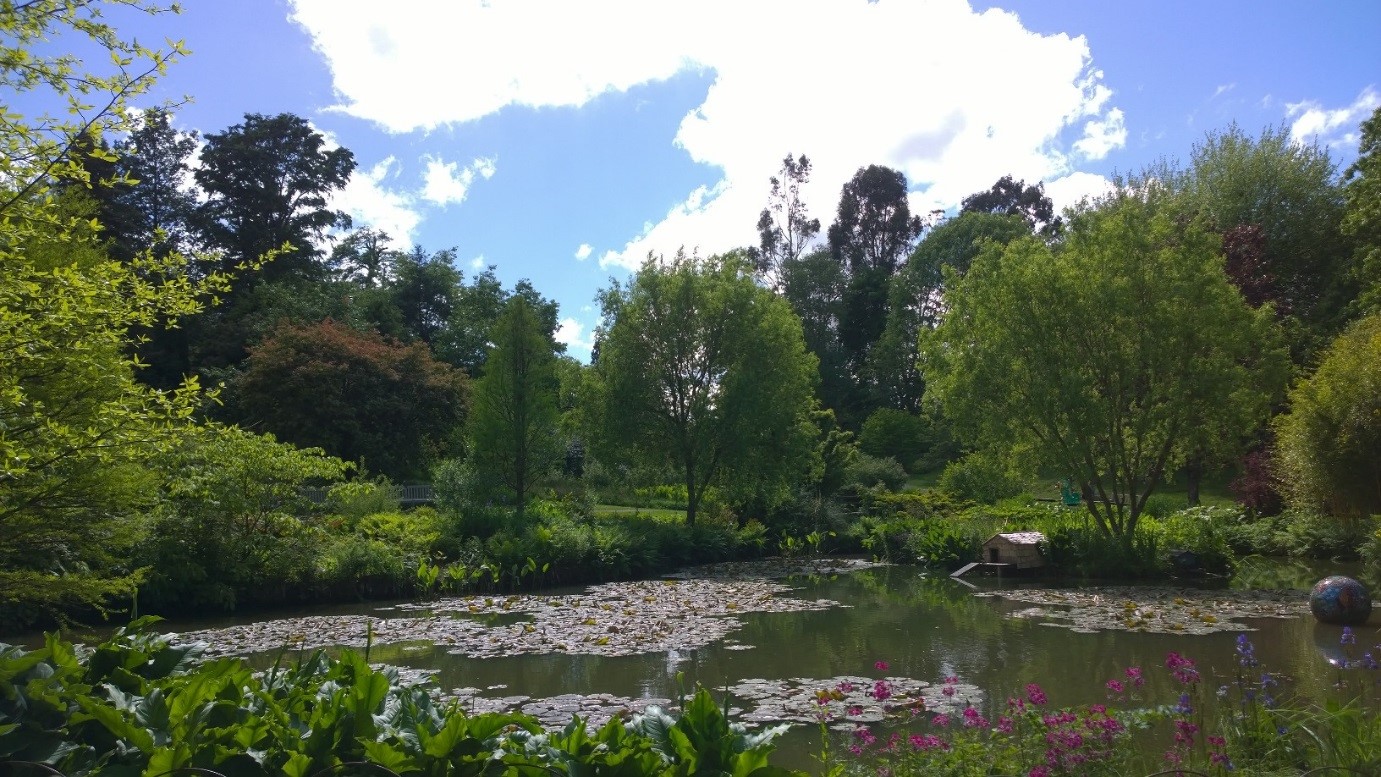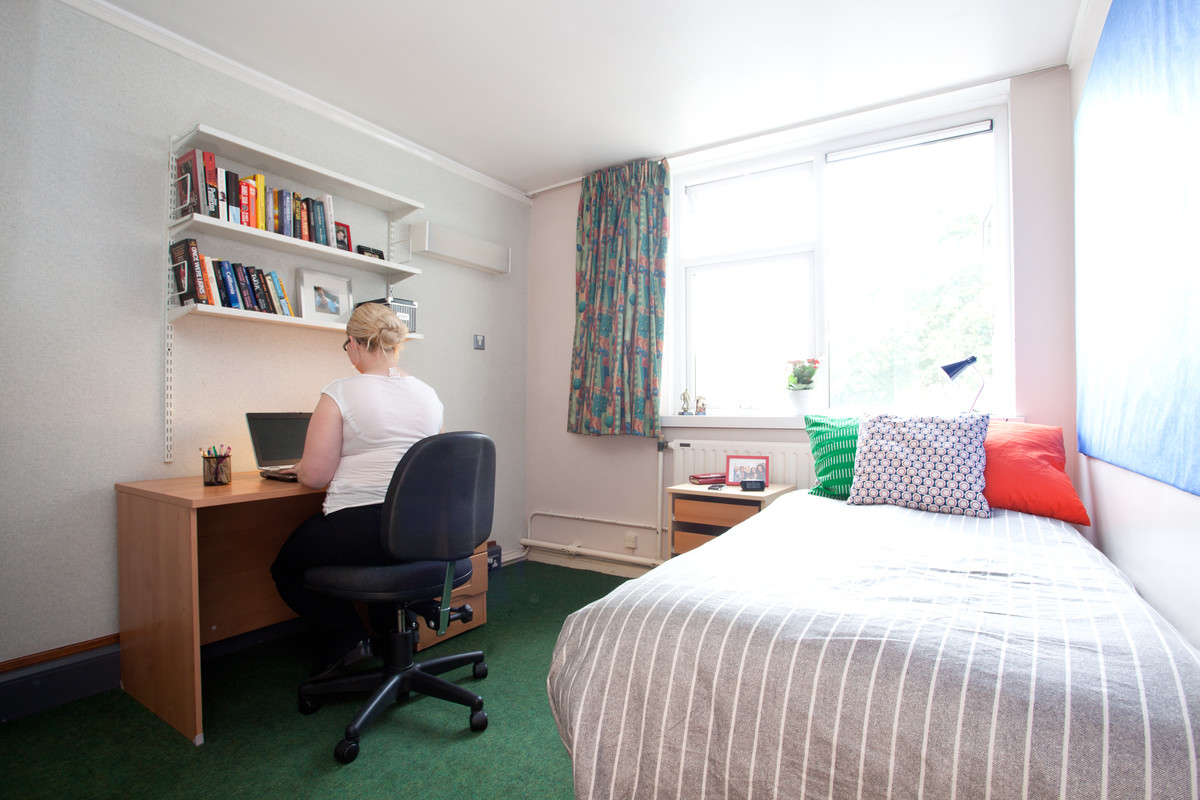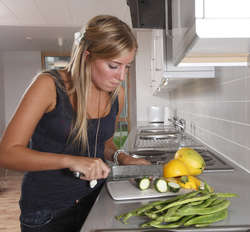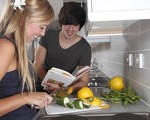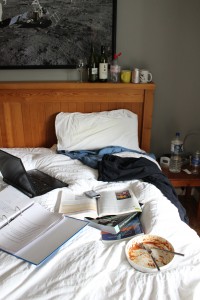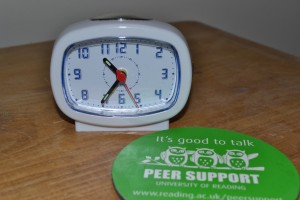January the 1st is, for the Western World, the beginning of a New Year and an opportunity to review events and achievements from the past year and to plan how we would like this year to go. How many of us have made promises to ourselves in the past only to find that we were not able to keep them for very long at all! This is called “being human” so we have all done this at some point.
Returning to University, lectures, seminars and deadlines can feel a bit harder in winter due to the well- known tendency to Hibernate like bears or dormice during the colder, darker weeks of the Christmas break. Here are some ideas to help get your motivation up and running again:
Mindful Decluttering
A tidy space to live and study in helps you to focus more effectively and once it’s done you will use far less time on looking for lost things and having distracting thoughts about needing to tidy up. Perhaps your living space could do with a bit of rearranging so that you have clear study and living areas? The Chinese art of Feng Sui teaches us that you can increase positive harmonious effects by having clear energy paths in our environment thus decluttering the mind at the same time.
Study Habits
We can all get into some pretty stuck habits sometimes and this can apply to studying too. Do you have some study habits that need a bit of a shake up? Things like leaving writing up until the last minute? Or maybe you have that habit of trying to study throughout the night and then feeling exhausted for days afterwards? Would a change of scenery help the creative process, maybe finding a different place to study will give you a different outlook?
Healthy Eating
The winter period, previously referred to as Hibernation, can be a time when it’s tempting to eat more unhealthy foods such as snacks, cake and chocolates. Each food we eat has a different effect on our mind as well as body and so trying to switch back to brain foods such as oily fish, whole grain rice and breads and fruits such as blueberries and blackberries can help you feel mentally and physically energised. Maybe agree with some flatmates that you will cook interesting and healthy meals together a couple of times a week?
Socialising
Too much or too little? Maybe you have always wanted to join a particular club or group but something has got in the way or held you back, perhaps now could be a good opportunity to give it a go. You will never know if it’s for you if you don’t give it a try. Or perhaps you have the opposite problem, being easily derailed from essential tasks by the lure of the night out! Easily done we know. Perhaps this term is the time to be selective in the options you take up. You might enjoy the events even more if you know you have done all the other things you need to as well.
Just some suggestions for promises to Self, no one has to know unless you want them too ! Spring is approaching, the days will get longer and all hibernators can emerge refreshed and energised for the new year !